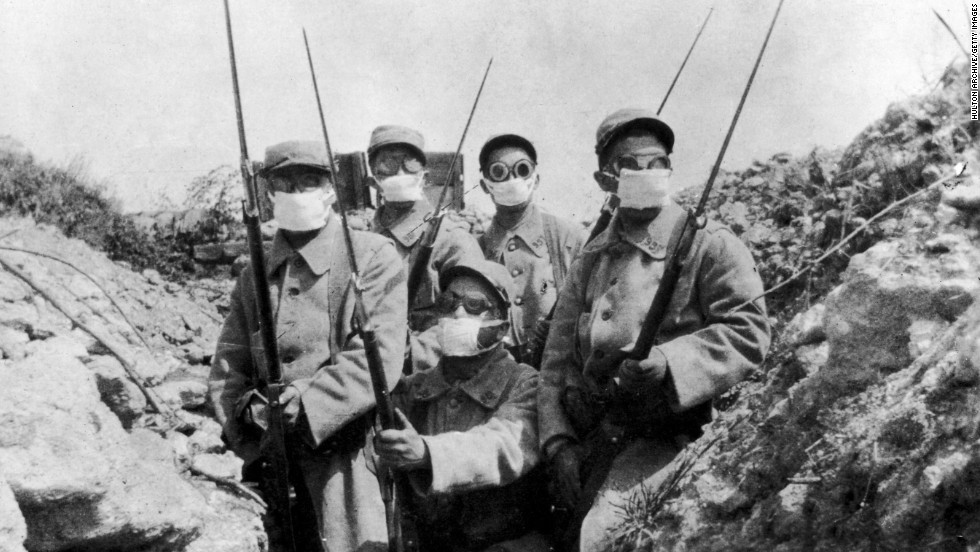What impact did chemical warfare have in World War I?
1 Answer
There are different and frequently opposite opinions about this but I would say a limited and strategically irrelevant impact.
Explanation:
Among the new types of weapons (the Airplane, Tank, Submarine, Machine Gun, Poisonous Gas) introduced during WWI probably Poisonous Gasses (and its use known as chemical warfare) was the one that has the lower impact at least compared to its promises of strategically breakthrough.
First of all because the high commands didn't trust this new weapon so they used it without relying on it;
Secondly chemical warfare has a worrying component for the user as well; the attacker cannot avoid to ask himself: "is the enemy going to use against me the same or worse stuff?". This fear is a powerful deterrent because if you think that your gas is quite nasty you also have the doubt that the enemy has something even nastier!
You can see a reflection of this in WWII were it is difficult to find records of use of chemical warfare in large scale, as in WWI, allegedly because Adolf Hitler, intoxicated during WWI, had a repulsion and was terribly scared by gasses!
Finally, the use of gas was very problematic in terms of deploying it; if the wind was changing direction your own soldiers could be engulfed by it! Also, once you saturated the enemy lines with persistent poisonous gas you had to send in your soldiers to occupy them! This could be as dangerous and problematic (adding the weight of masks, respirators, chemical protection suits) for your soldiers as for the enemy.
During the second battle of Ypres (where gasses were used for the first time in large scale on the battlefield) the effect of the use of gas was certainly terrible and horrible but didn't give a clear breakthrough for the Germans and, on the other hand, marked them as cruel barbarians in the view of the public opinion.
The casualty rate also was lower than say from artillery or machine gun fire; basically, the horror of the weapon itself was far larger than the real damage it caused overall!
During WWI gasses were used more as a routine killing device exactly as the odd bombardment or strafing from airplanes.
Towards the end poisonous gasses were known by the soldiers and probably became a normal thing for them.

[Early gas protection devices (pads soaked in urine)]

